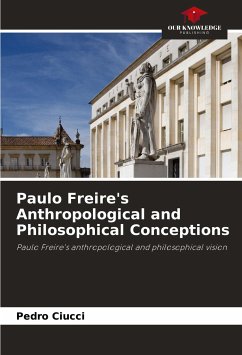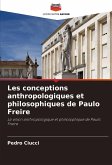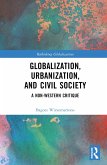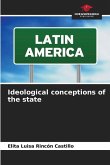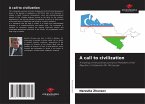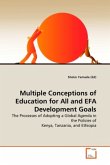The dissertation discusses the anthropological and philosophical conception that Paulo Freire used to base a pedagogy of encounter and a political pedagogy. Starting from the idea of a pedagogy of encounter, the perspective that runs through the dissertation is the social relationship of the individual, thus providing a critical synthesis of the pedagogical context. The Pernambuco thinker comes close to Maritain's Integral Humanism, when he states that there is no education without relating the teacher to the student, in the human context that exists between the two. In the Marxian vision and critique of teaching and learning, Paulo Freire discusses the problems and antagonisms of classes, launching into an analysis of two political pedagogical projects: dialogical education, which places the individual in a reading of the world and makes them the historical subject, and antidialogical education, which makes the subject a mere object of their context and does not show the world in a political language. In phenomenology, Paulo Freire shows that the task of knowing is directed towards the subject and not the object.
Bitte wählen Sie Ihr Anliegen aus.
Rechnungen
Retourenschein anfordern
Bestellstatus
Storno

